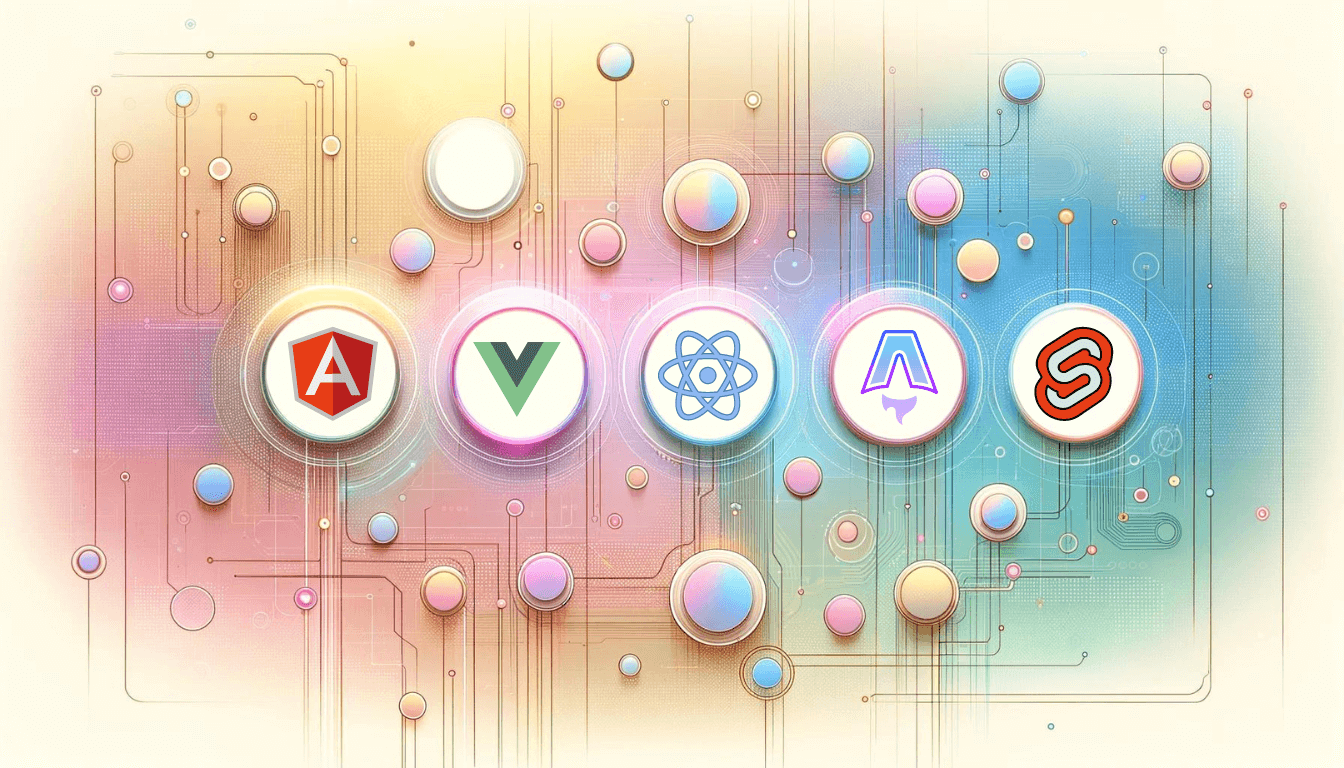· tutorials · 2 min read
Mastering React in 2024 — Harnessing the Power of a Dynamic Front-End
Dive deep into React in 2024, exploring its latest features and best practices for building modern, interactive web applications.

In the fast-evolving world of front-end development, React continues to be a cornerstone technology, empowering developers to create dynamic and responsive user interfaces efficiently. Let’s delve into mastering React in 2024, uncovering its latest advancements and best practices for crafting cutting-edge web applications.
Why React?
React, developed by Facebook, remains a favorite among developers due to its declarative nature, component-based architecture, and thriving ecosystem. Its ability to efficiently manage state and seamlessly update the DOM makes it indispensable for building modern web interfaces.
What’s New in 2024?
Concurrent Mode
React’s Concurrent Mode enables smoother user experiences by allowing components to prioritize and interrupt rendering work, making applications more responsive.
Server Components
Server Components enable rendering React components on the server, optimizing performance and improving time-to-interactive metrics.
Improved DevTools
Enhancements to React DevTools provide deeper insights into component hierarchies, state changes, and performance optimizations.
Mastering React Best Practices
Component Reusability
Embrace the power of reusable components to streamline development and ensure consistency across your application.
State Management with Hooks
Leverage React Hooks like useState and useEffect for efficient state management and side-effect handling within functional components.
Optimizing Performance
Implement memoization techniques and leverage React’s reconciliation algorithm to optimize rendering performance.
Advanced Techniques
Context API
Utilize the Context API to manage global application state without resorting to prop drilling, enhancing maintainability and scalability.
Server-Side Rendering (SSR)
Explore server-side rendering techniques with React to improve SEO and initial load times for your web applications.
Beyond the Basics
React Ecosystem Exploration
Dive into popular React libraries and tools like Redux, React Router, and Styled Components to extend the capabilities of your React applications.
TypeScript Integration
Introduce TypeScript to your React projects for enhanced type safety and improved code maintainability.
Conclusion
Mastering React in 2024 opens up a world of possibilities for crafting exceptional user interfaces and scalable web applications. By staying updated with the latest features and best practices, developers can harness React’s full potential to create engaging experiences on the web.


